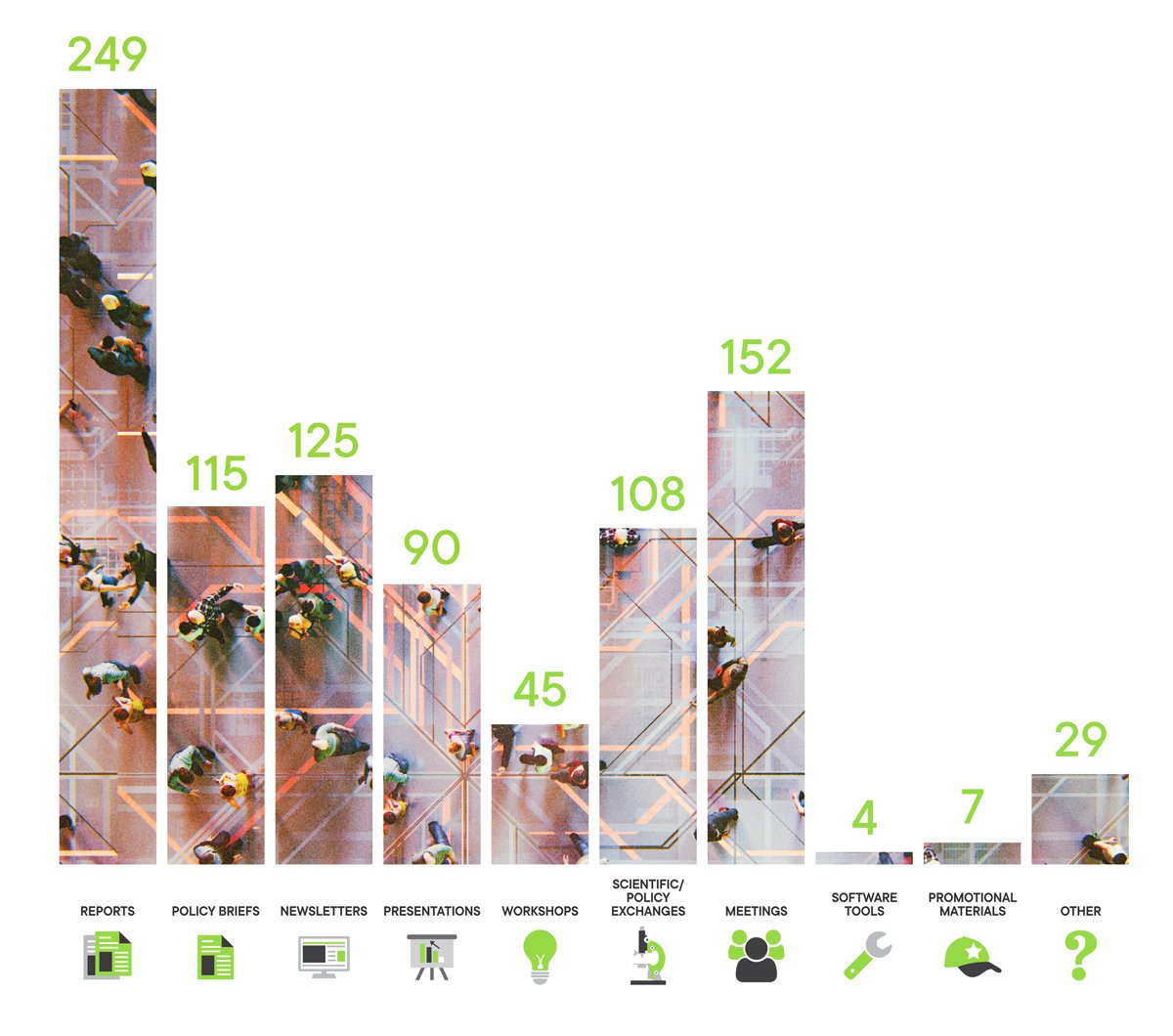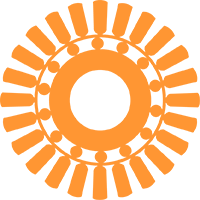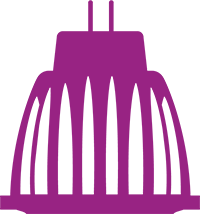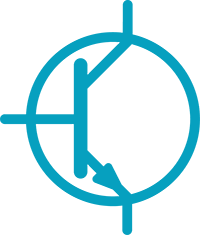IEA Technology Collaboration Programme on Energy Efficient End-Use Equipment (4E)
Fourteen countries from the Asia-Pacific, Europe and North America, and the European Commission, have joined together under the forum of 4E to share information and transfer experience in order to support good policy development in the field of energy efficient appliances and equipment.
They recognise the huge benefits for energy security, economic development and greenhouse gas abatement from maximising the use of energy efficiency to meet future energy demand.
4E focuses on appliances and equipment since this is one of the largest and most rapidly expanding areas of energy consumption. With the growth in global trade in these products, 4E members find that pooling expertise is not only an efficient use of available funds, but results in outcomes that are far more comprehensive and authoritative.
However, 4E does more than sharing information – it also initiates projects designed to meet the policy needs of participants, enabling better informed policy making. The main collaborative research and development activities can be found by following the links to 4E Platforms and Tasks.
Launched in 2008, in view of it’s achievements during the first three five-year terms, the IEA endorsed 4E’s application for a fourth term that will run to 2029.
Reviews of 4E’s first three terms are available by following the links on this page (under Goals, Scope and Deliverables), together with the most recent Strategic Plan (2024-2029).
All countries are welcome to join 4E.
All of the information on this website is believed to be accurate and reliable, however 4E assumes no responsibility for any errors appearing in the information. Further, 4E assumes no responsibility for the use of the information provided. Neither the IEA nor 4E assumes any responsibilty for the quality or content presented by external websites or documents that are advertised on this website.
Achievements
4E activities are determined solely by its members, which are represented by ministries, departments or agencies responsible for national government energy efficiency policies. This structure ensures that the work of 4E is tied to the policy requirements of governments, and that the outputs have a tangible impact on their policies.
The detailed achievements in all areas of 4E work are identified in the 4E Annual Reports available on this website. Key achievements cited by 4E members include:
- 4E work has given members a deeper understanding of future priorities for energy efficiency policies used as a basis for making informed choices about national policy options.
- The 4E platform promotes knowledge sharing, and develops contact amongst peers which engenders on-going communication beyond the 4E environment.
- 4E’s reports have enabled 4E countries to compare the performance of locally available products against those in the rest of the world and to identify global trends in different technology areas.
- 4E has developed best practice methodologies for building national scenarios, helping governments to improve their evaluation of national program impacts.
- 4E provides a mechanism for governments to collaborate on research and policy development for specific products.
- 4E projects have supported national capacity building in high quality accredited testing laboratories for appliances and equipment.
- 4E has given governments representation at international standardisations forums, so that the outcomes are more relevant to the needs of policy makers.
- The outputs of 4E have provided tangible evidence of the benefits of energy efficiency and assisted members to reinforce the rationale for their own program renewal and boost the allocation of resources.
Since 2008 4E published over 580 individual reports, policy briefs and newsletters. 4E has also participated in 330 workshops and exchanges of technical or policy information to government officials and industry.

Note: documents and newsletters include versions in multiple languages




































